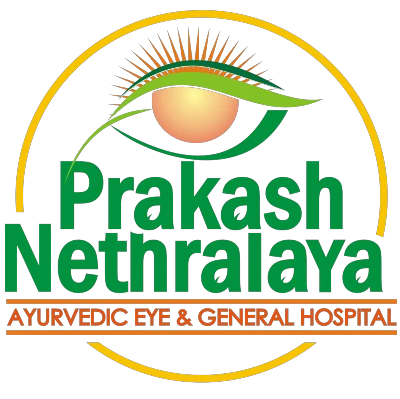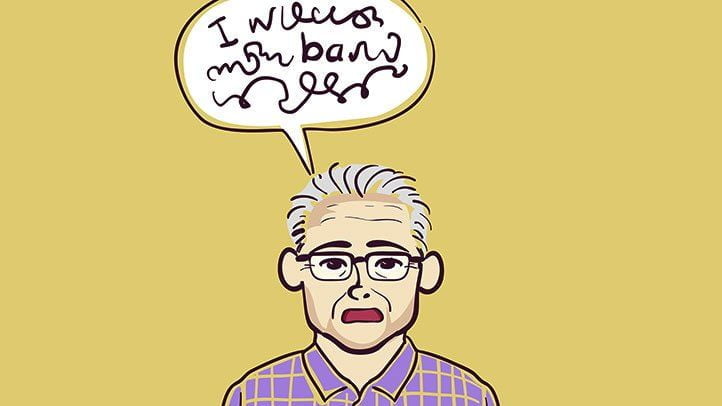
What is Parkinson’s Disease?
Parkinson’s disease is a neurodegenerative disease caused by the degeneration of nerve cells. It results in altered movements and rigidity of the body. These nerve cells deteriorate or become impaired, and lose the ability to produce an important chemical called dopamine.
The exact cause of Parkinson’s disease essentially remains unknown. But various factors are known to cause the disorder such as oxidative damage, environmental toxins, genetic factors, and accelerated ageing.




